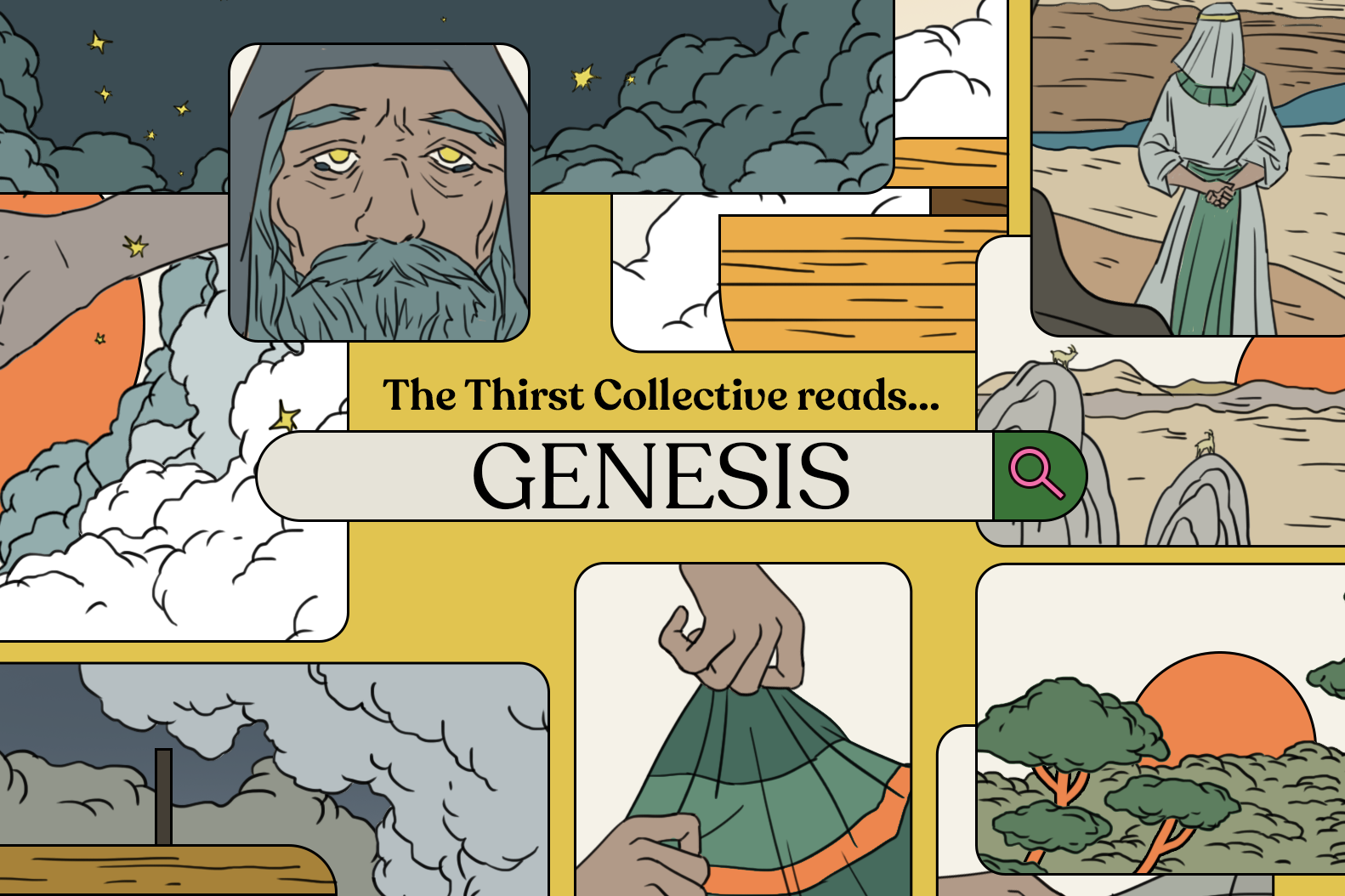Through 2024, every member of the Thirst Collective – Thir.st, Salt&Light, Stories of Hope, 还好吗 hhm.sg, Living Room, Collective Studio – has committed to reading the Bible from cover to cover.
We thought it’d be cool to pick out reflections and insights from our team’s readings to share with you. This month’s book? Genesis!
Gen 4: Vengeance and forgiveness
Don, Collective Studio
“Lamech said to his wives: “Adah and Zillah, hear my voice; you wives of Lamech, listen to what I say: I have killed a man for wounding me, a young man for striking me. If Cain’s revenge is sevenfold, then Lamech’s is seventy-sevenfold.”” (Genesis 4:23–24, ESV)
“Then Peter came up and said to him, “Lord, how often will my brother sin against me, and I forgive him? As many as seven times?” Jesus said to him, “I do not say to you seven times, but seventy-seven times.” (Matthew 18:21–22, ESV)
This multiplication of seventy-seven for vengeance in this passage contrasts so much to what Jesus says to Peter, to forgive seventy-seven times.
I think of the wrath that God declared on those who would harm Cain. This was a cost that came together with His immense grace and mercy that was given to Cain, while not ignoring the consequences of Cain’s actions.
And for us to be able to forgive “seventy-sevenfold”? It is only Christ who enables us. He took the wrath of God only He could bear in our place.
Gen 6: A God of order
Gabriel Ong, Thir.st
The instructions for the Ark were very specific. God is not a 随便 God, He is a God of order. And thank God that Noah actually followed the manual and didn’t decide to do it the bro, should-be-can-lah way. Or else the whole Bible might have been just six chapters long!
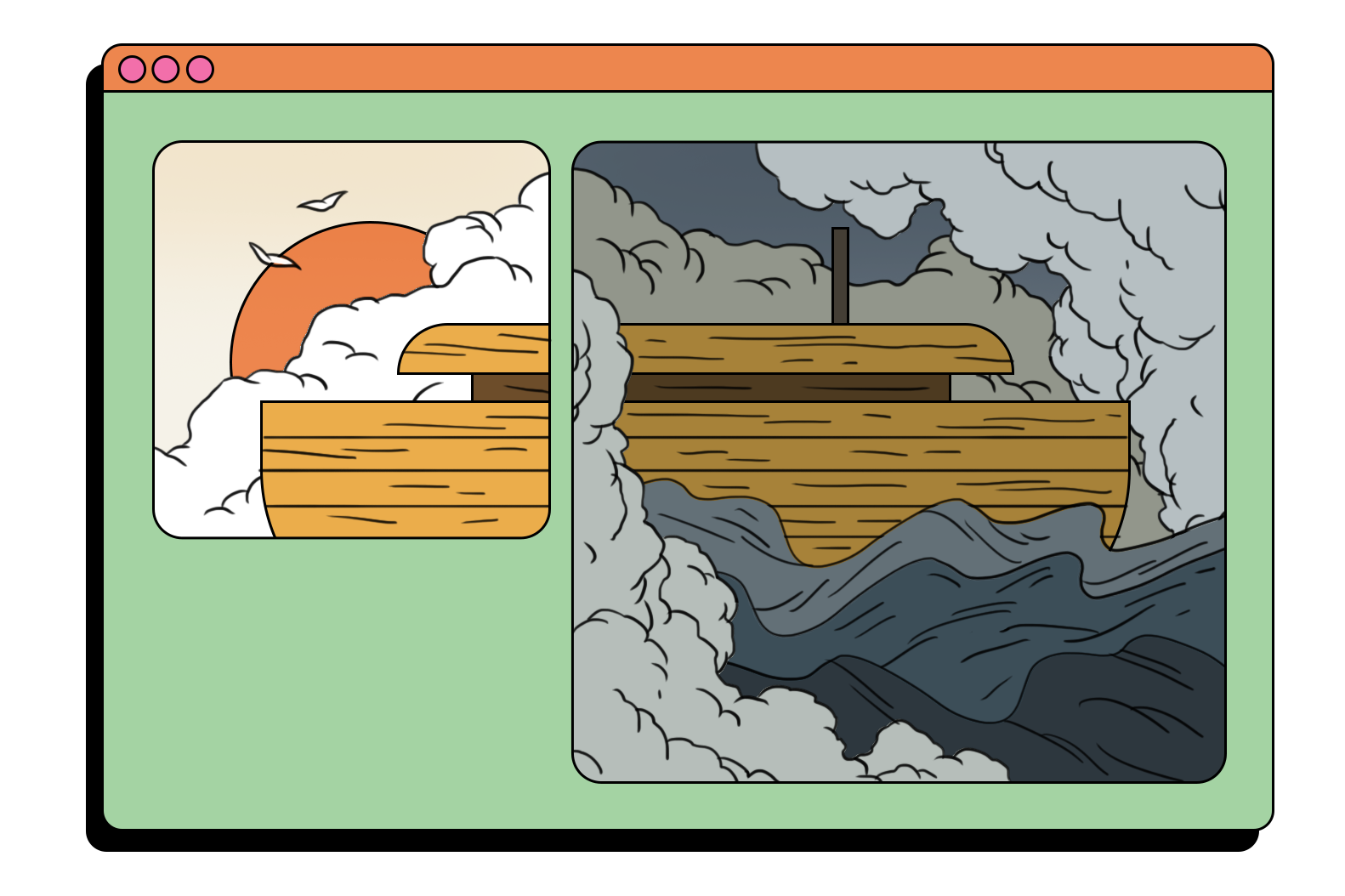
Gen 6: God’s regret is not like ours
Meng Hong, Collective Studio
“And it repented the LORD that he had made man on the earth, and it grieved him at his heart.” (Genesis 6:6, KJV)
Did God not know that humanity would become so sinful before He created humans? No, God is able to feel sorrow for an act in view of foreknown evil and yet go ahead and do it for wise reasons.
God’s regret is not exactly like ours. It is not based on learning new information and wishing He had done things differently.
It is based on wishing we would do things differently and not sin, even though He knows when people will sin and chooses to allow our sinful actions as He works out His sovereign plans.
Gen 6: God called the animals
Cheryl, 还好吗 hhm.sg
“Of clean animals and animals that are not clean and birds and fowls and everything that crawls on the ground, they came [motivated by God] into the ark with Noah two by two, the male and the female, just as God had commanded Noah.” (Genesis 7:8-9, AMP)
It was God who called the animals to 乖乖 (obediently) come to Noah’s Ark. I used to wonder how Noah chased down all the animals and caught them to get them into the ark. I think Noah would have been very overwhelmed!
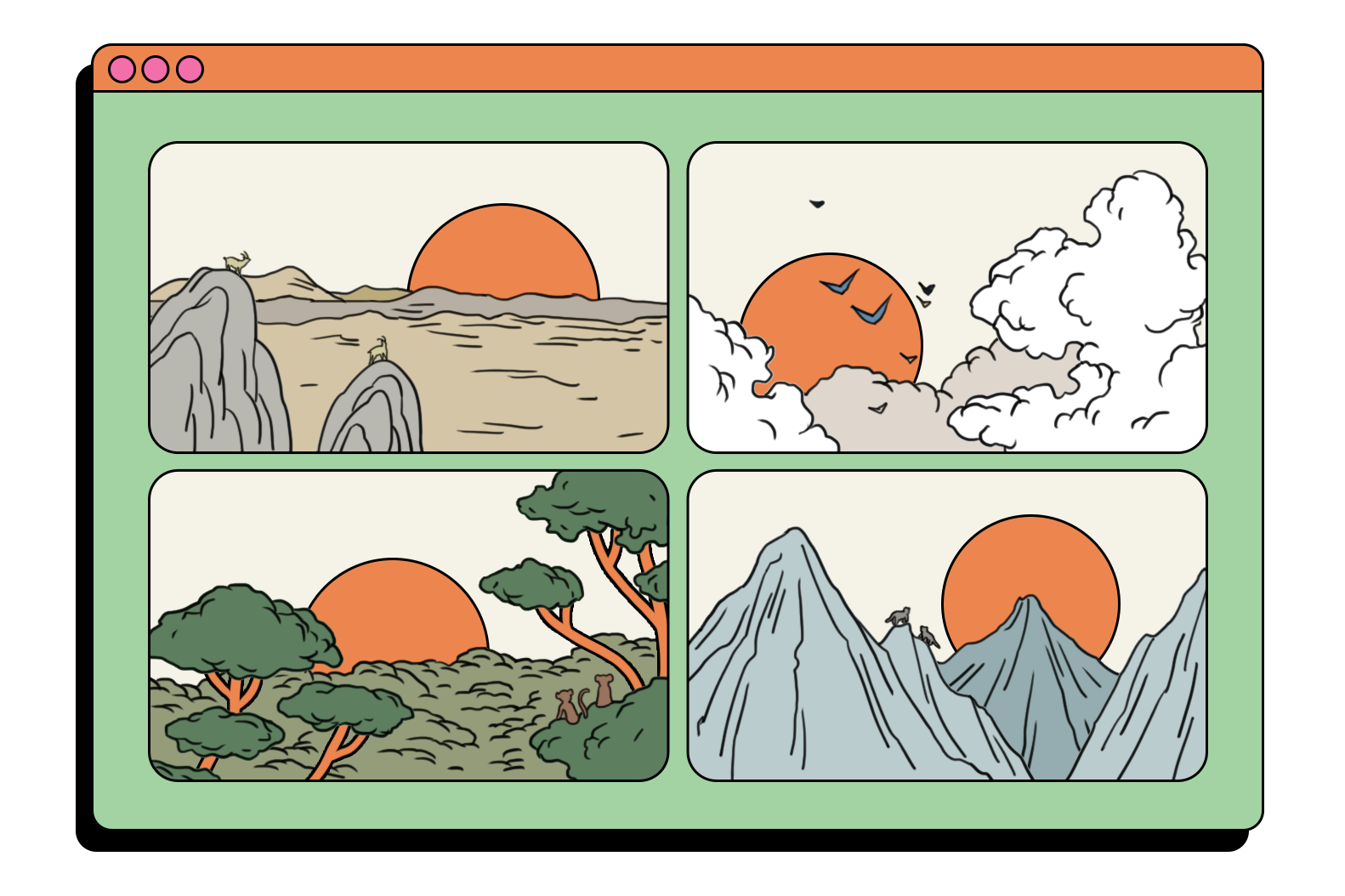
Gen 6: Noah was faithful and patient
Gracia, Salt&Light
Today’s passage reminded me of why we named our son Noah. In a wicked and evil generation, Noah found favour with God, stayed faithful and “did everything exactly as the Lord had commanded him” (6:22, 7:5).
It’s our prayer that our Noah, some thousands of years later, will share some of the godly traits of the first Noah.
I was also struck by how patient Noah was while waiting for the rains to stop and the floods to recede. He was in that boat for more than a year with no clear timeline on when he would be able to get out.
I’m not sure if the food in the ark was running out (did they kill the animals on board to eat?). But Noah just kept waiting and trusting that God would do as He said and preserve their lives.
Gen 9: Don’t curse your children
Edric, Thirst Collective
Regarding the curse on Canaan, there probably is a lot left unreported in Genesis 9:22: “Ham saw the nakedness of his father, and told his two brothers outside”.
Reading between the lines, we can only begin to infer. Was it mockery? Impropriety? Gossip? Unwillingness to help?
But one thing we can learn as fathers is to be careful how we curse our kids. That sticks with them…
Gen 13-16: Contract ≠ covenant
Dawson, Thir.st
Reading about God’s covenant with Abram reminded me of something I once heard in a Bible seminar – the difference between a contract and a covenant.
A contract is an agreement; once either party breaks the terms, it is voided and becomes useless.
A covenant is a commitment that is unaffected by how the other party is responding. It is up to each party to uphold their commitment based on their character and morals.
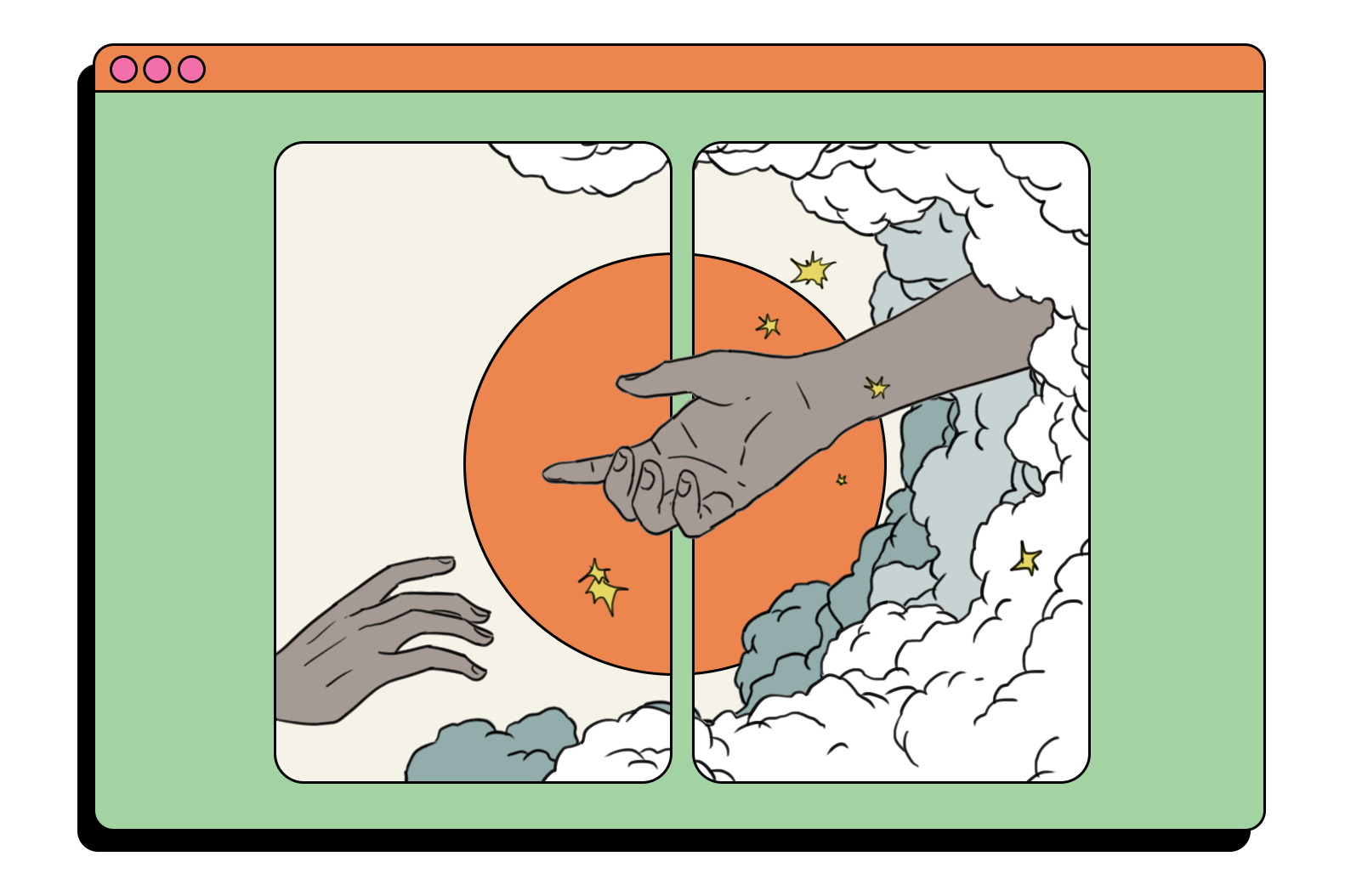
I am grateful that our God is a God of covenant and that He keeps His promises and He remains faithful even when we aren’t.
That is how much He loves us and is willing to commit Himself to us even though we fail Him!
Gen 15-16: Waiting wisely
Zemin, 还好吗 hhm.sg
It is hard to be in the process of waiting. Abram had waited so long for God’s promises to be fulfilled that He began to question God.
It seems even with all the good things God gave him, it still wasn’t what Abram truly desired and Abram seemed uncertain about holding onto the promise. But God kept assuring Abram and he decided to believe in God again.
However, in Genesis 16, Abram failed to hold on and decided to do things his way so as to have a son. By doing so, he caused others (Hagar, Sarai) to get hurt in the process.
May we learn to have wisdom in the wait. When it is tough to bear with the wait, may God grant us the mercy and grace to hold on so that the end result would still be the better choice as compared to ours.
Genesis 15:6: Simple faith
Levan, Stories of Hope
“Abram believed the Lord, and he credited it to him as righteousness.” (Genesis 15:6)
One of my favourite examples of childlike faith.
Logic alone – it made no sense. Reason alone – it made no sense. Temporal limitations in place – it made no sense.
But Abram believed the Lord, and it came to pass. Simple faith, without the flourishes. Love it.
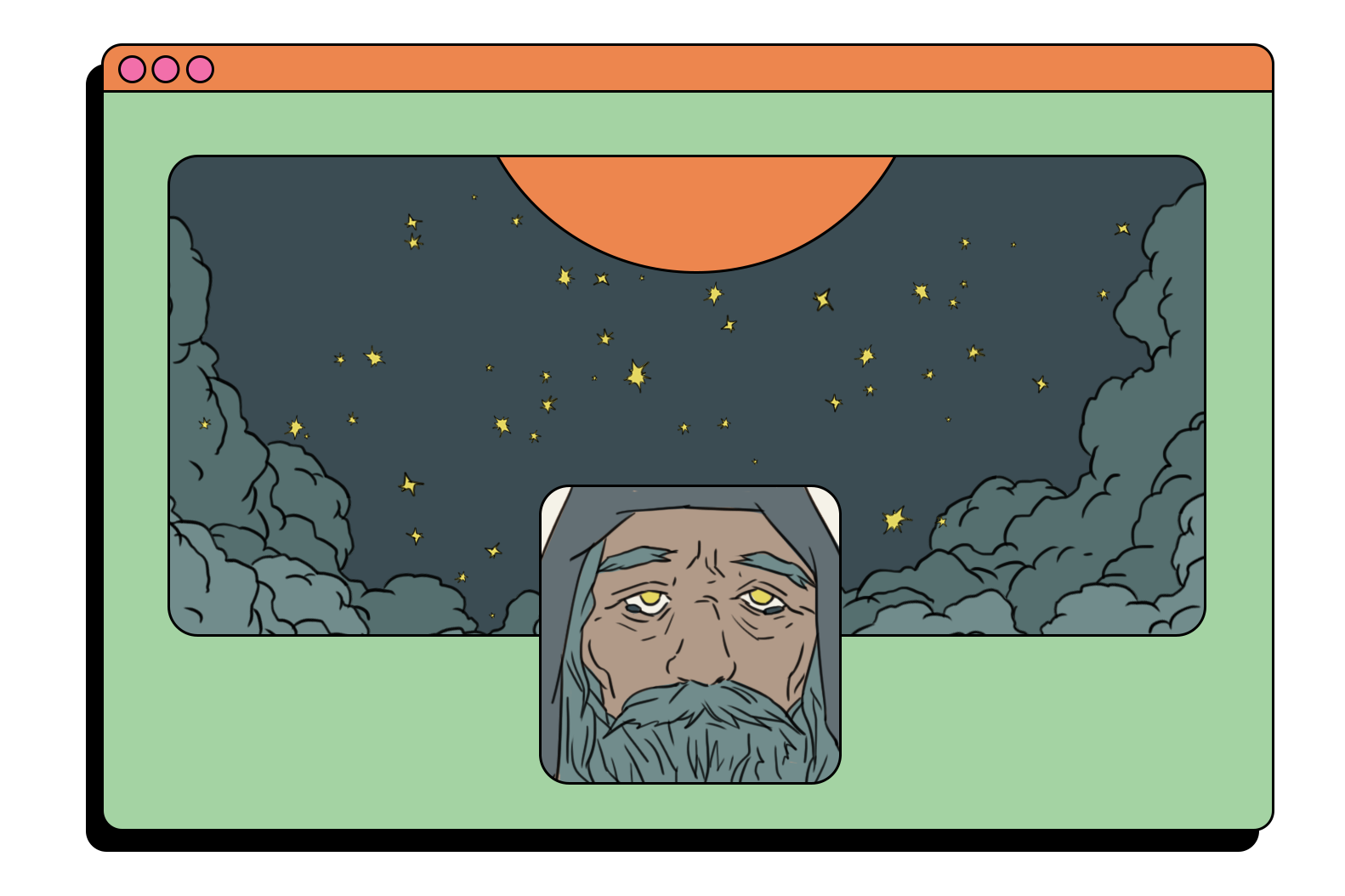
Genesis 16:2: To help, and not to stumble
Felicia, 还好吗 hhm.sg
“And Abram listened to the voice of Sarah.” (Genesis 16:2)
This reminded me of how Adam listened to Eve. My prayer to God: help me be a good helper to my husband and not stumble him, by God’s grace.
Genesis 29: God sees the brokenhearted woman
Peck Sim, Salt&Light
“And Jehovah seeth that Leah [is] the hated one, and He openeth her womb, and Rachel [is] barren;” (Genesis 29:31, YLT98)
“And she conceiveth again, and beareth a son, and saith this time, ‘I praise Jehovah;’ therefore hath she called his name Judah; and she ceaseth from bearing.” (Genesis 29:35, YLT98)
A heartbreaking account of a woman’s grief of being “hated” and God’s special tenderness towards her.
The names of Leah’s sons reflect her longing for the love of her husband.
By the fourth, her heart stopped running after man and rested in God. And the messianic line came through Leah, the hated one, not Rachel.
Gen 42:9: Hold on to your dreams
Weiming, Thir.st
Joseph is truly someone to learn from when it comes to forgiveness. Even though his brothers did him wrong, Joseph didn’t repay evil for evil when he was given an opportunity to get back at them.
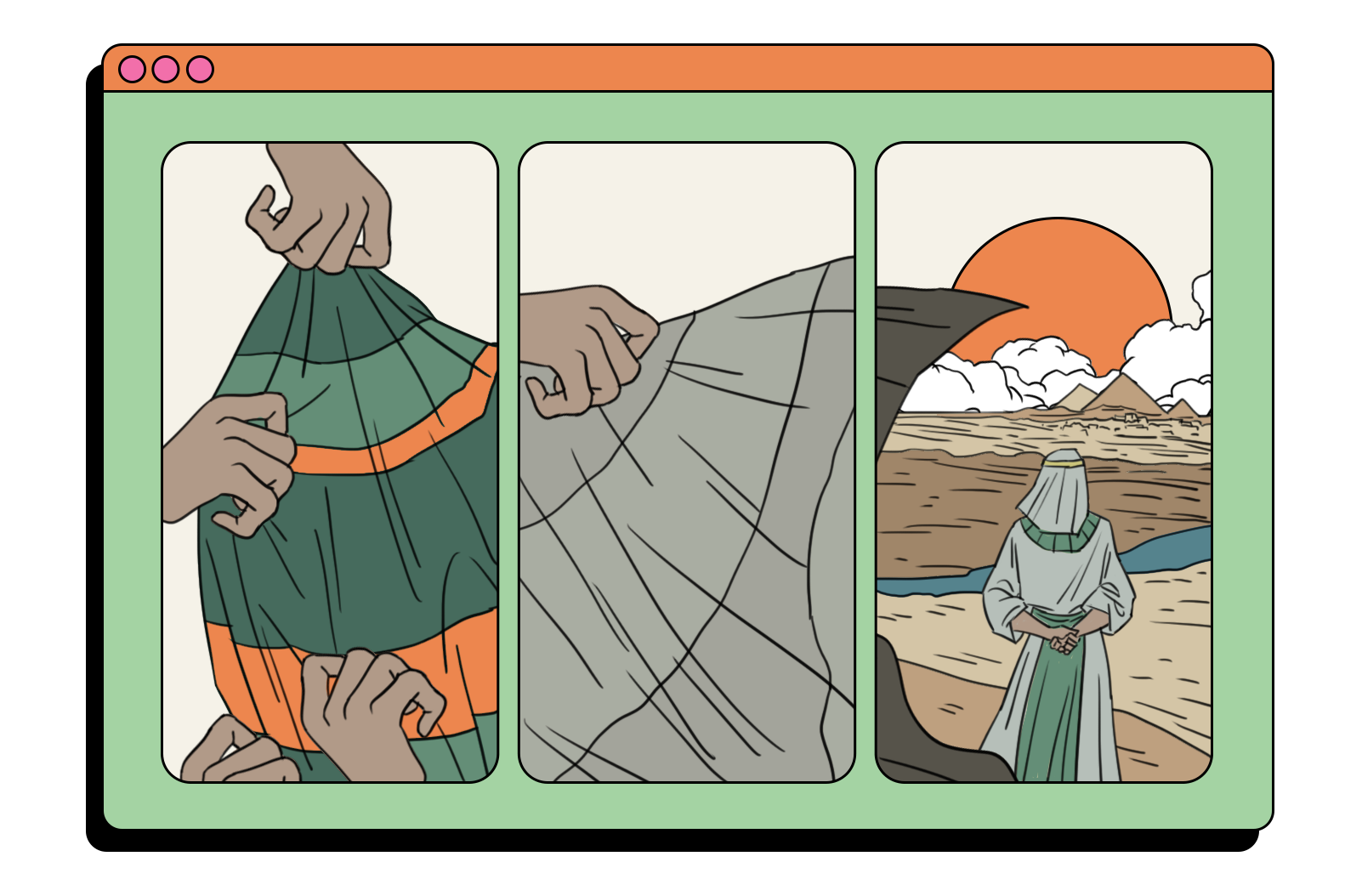
In fact, the first thing that came to Joseph’s mind in Genesis 42:9 was that he remembered his dream. All these could’ve been easily forgotten if his mind was filled with revenge and anger, but he did not let that eat him up.
He remembered and held on to his dream instead, and did the right thing at the end.
Gen 46-50: Grace triumphs over trauma
Zoe, Thir.st
“But Joseph said to them, “Don’t be afraid. Am I in the place of God? 20 You intended to harm me, but God intended it for good to accomplish what is now being done, the saving of many lives. So then, don’t be afraid. I will provide for you and your children.” And he reassured them and spoke kindly to them.” (Genesis 50:19-21)
Even after what Joseph’s brothers had done to him, Joseph looked past it with grace and forgiveness – he loved them and provided for them.
This showed me that God can use our struggles and pain for His glory. We don’t have to live in our struggles and let them define how life should be.
We should know that because of Jesus, we can live a different life – one of grace. We live this life not out of our own strength and capability, but out of what He has given us.
- What struck you most through your reading of Genesis?
- How can you apply this biblical truth or principle to your daily life?


